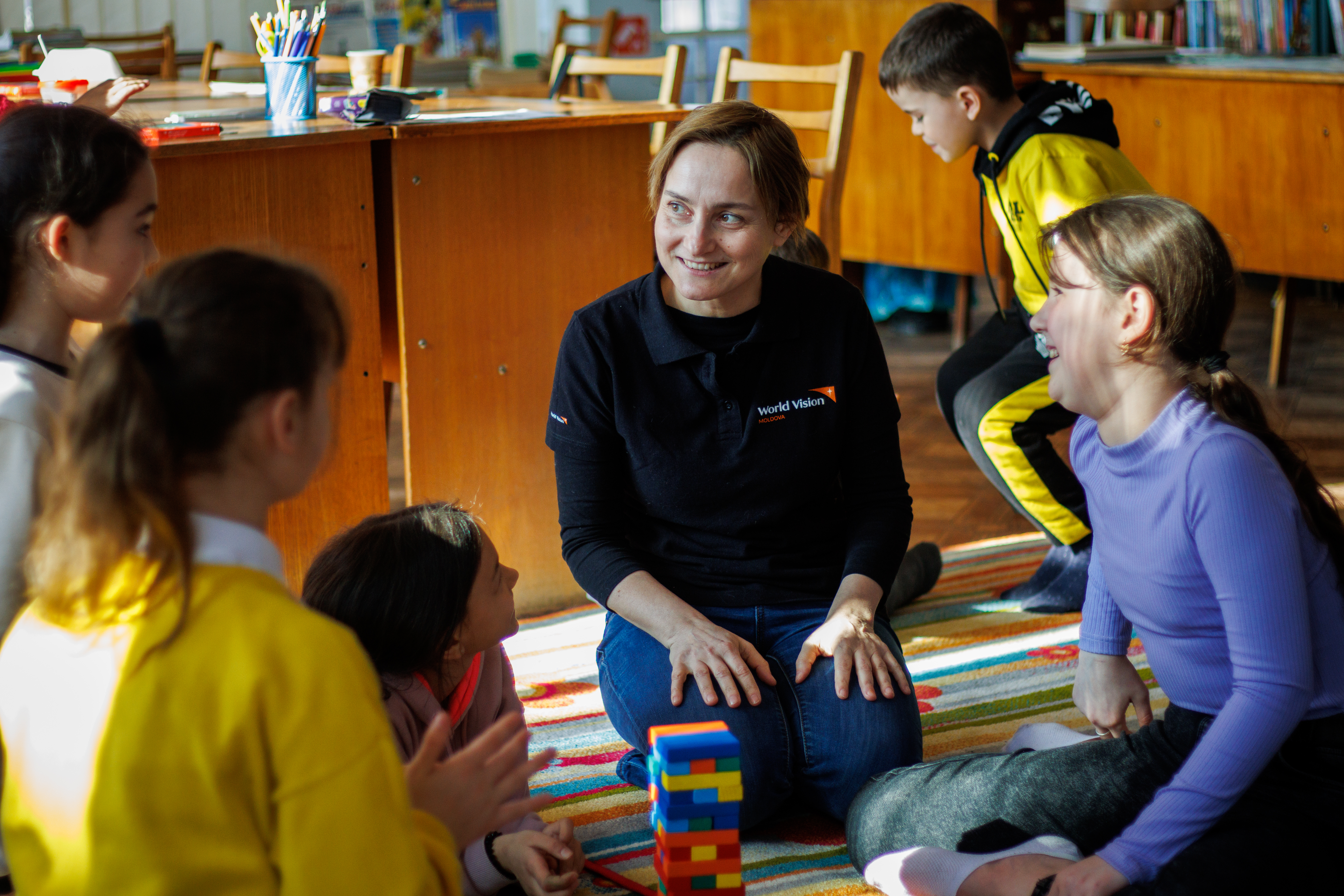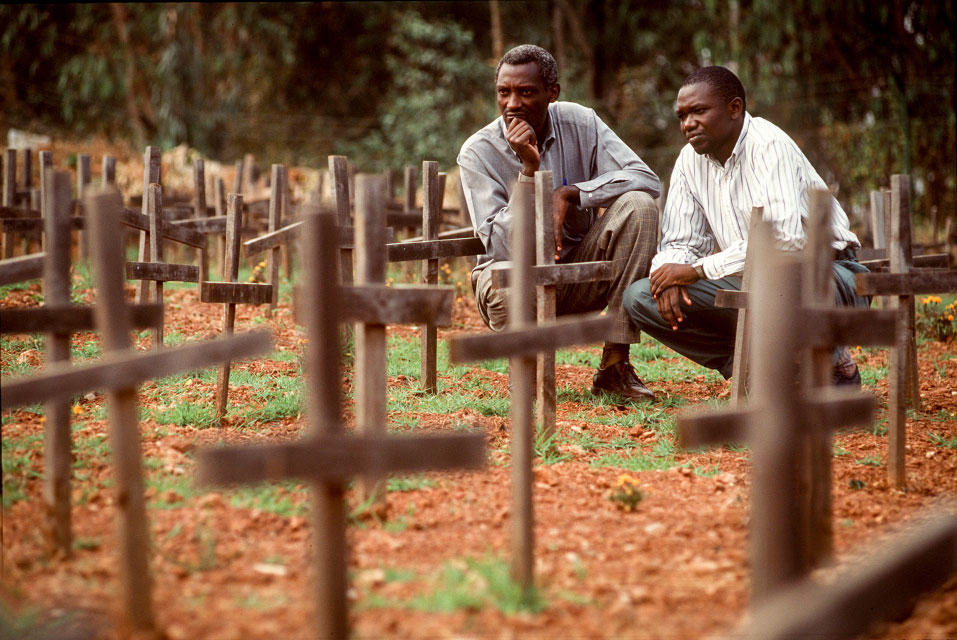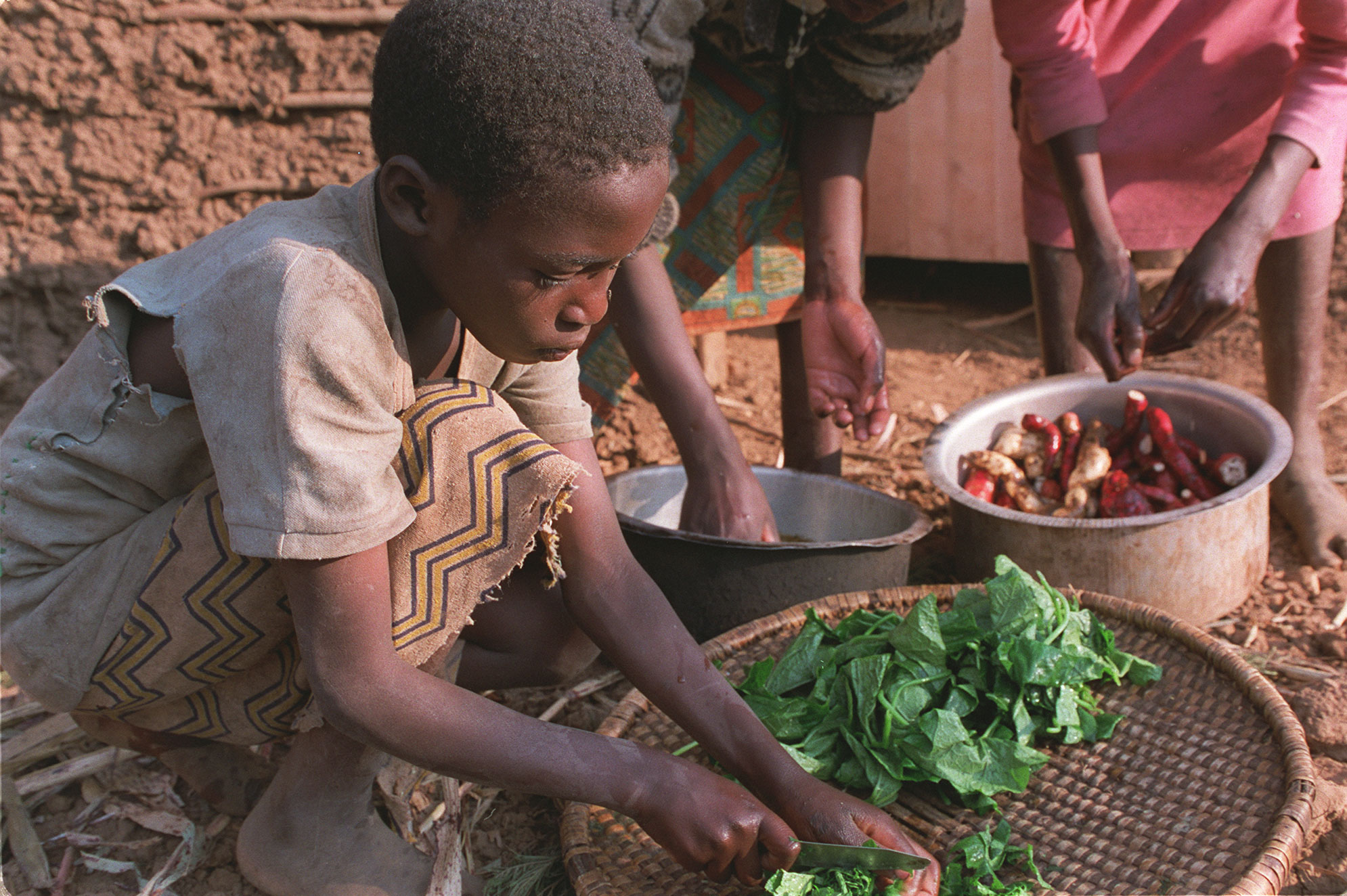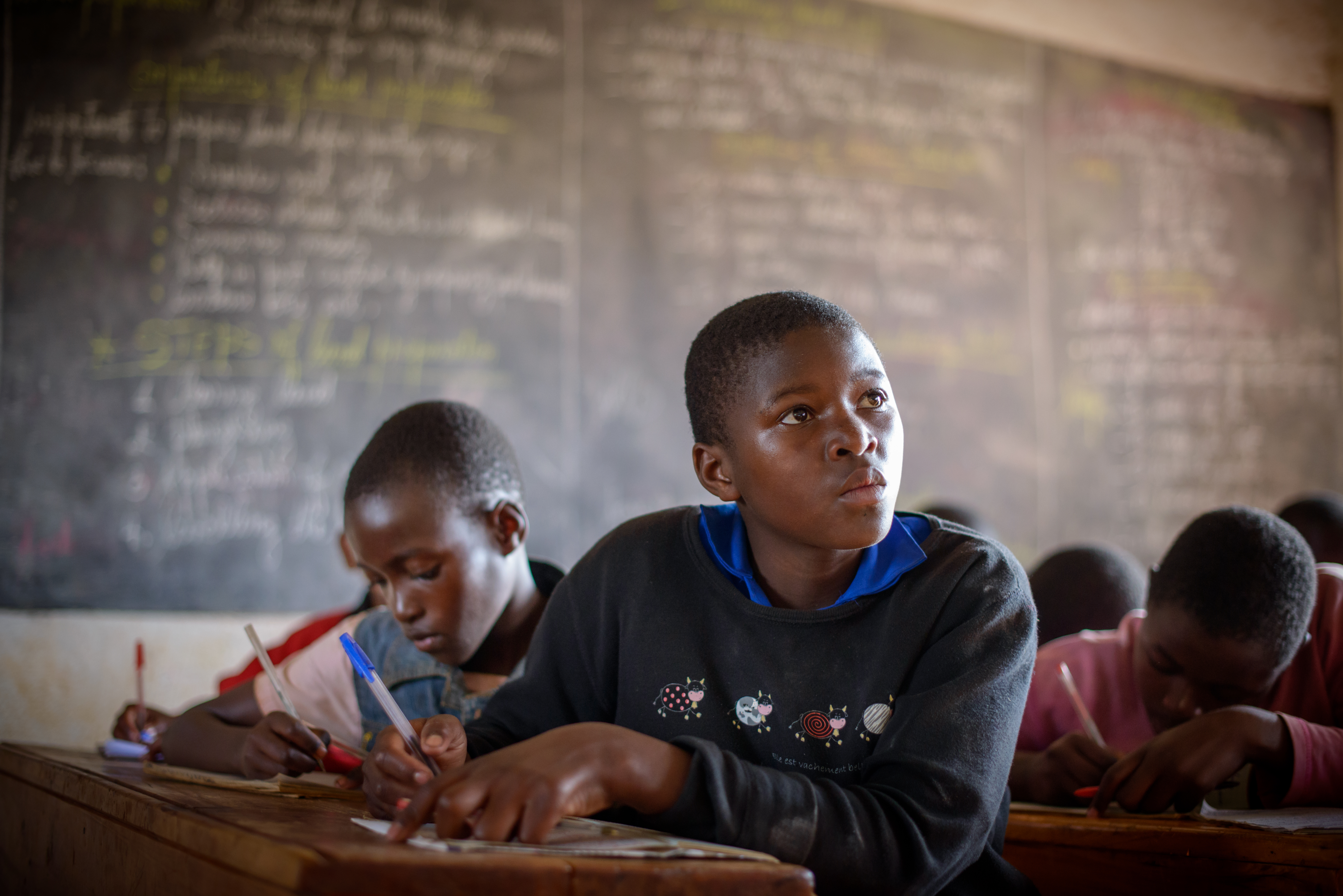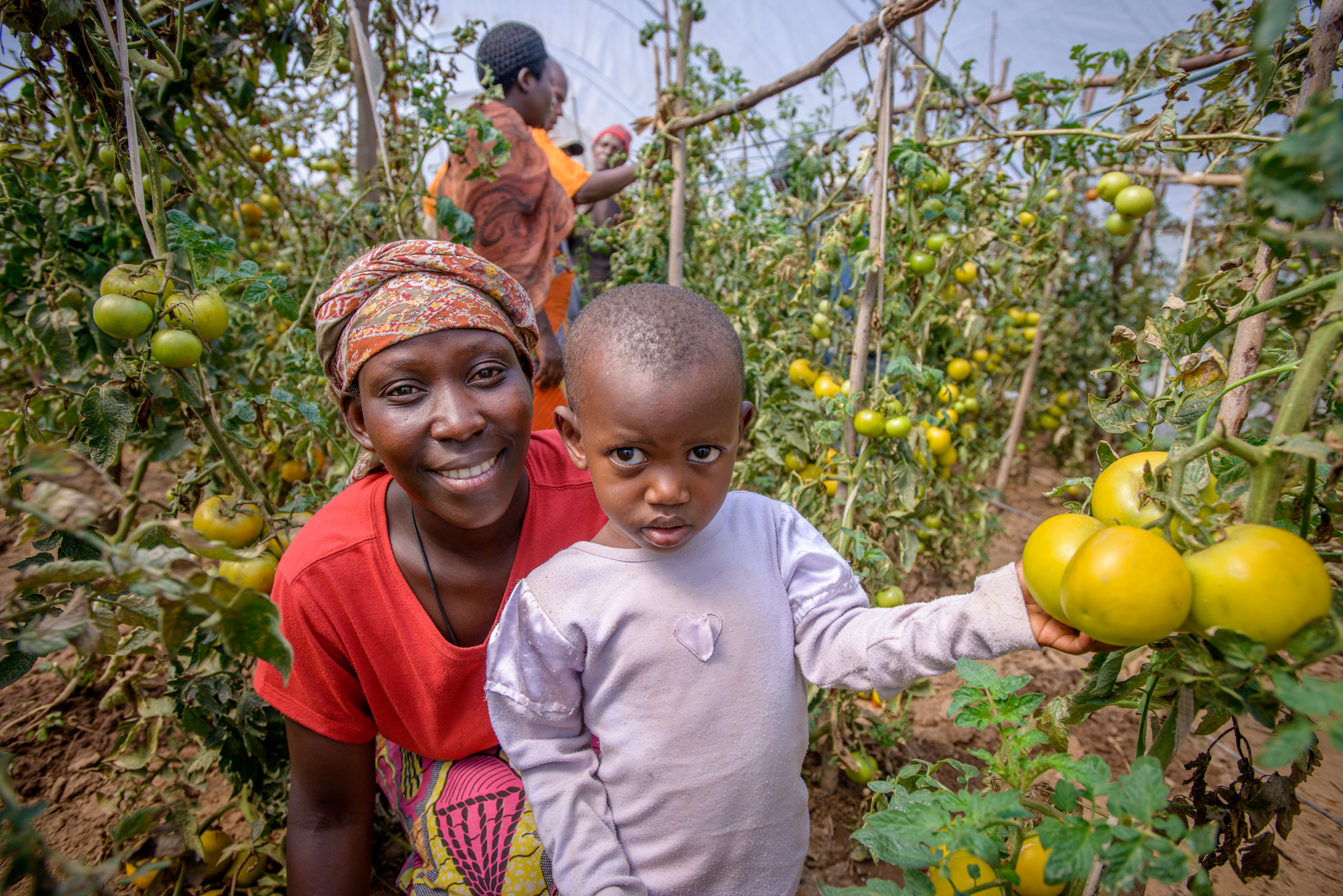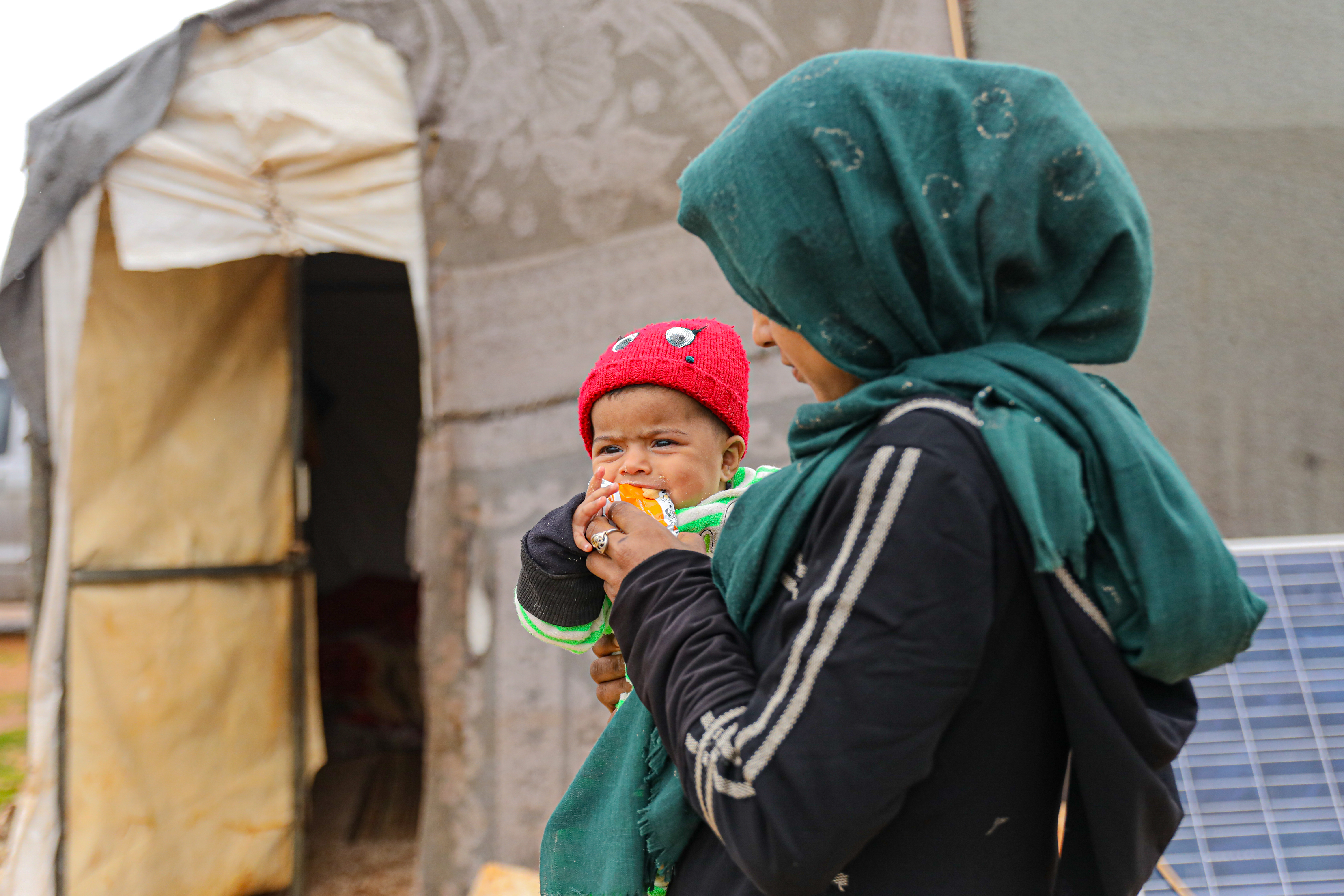Login Toast Message
Login toast message for the successfully login user
- Toast Message
-
Welcome Back, {{username}}👋
Logging you in....
Let's make a difference today.
The 1994 genocide in Rwanda was like nothing even the most seasoned humanitarian workers had confronted before. The world watched in horror as mothers, fathers, grandparents and children were bludgeoned to death by their fellow Rwandans. Nearly a million people were killed.
“Nothing fully prepared me for the experience,” says Dave Toycen, who served as World Vision Canada’s president during that time.
In the cruel aftermath, World Vision teams from around the world provided thousands of traumatized Rwandans with food, water, emergency medical care and child protection. Then, we stayed there.
Thirty years later, the permanent staff comprises nearly 300 people, many of whom are Rwandans. The work has evolved from emergency response and recovery into long-term development, through child sponsorship and other programs.
We’ve helped benefit tens of thousands of Rwandan children and their families. The country is a place of renewed hope and possibility, especially for the next generation of children.
Dave Toycen frequently travelled to Rwanda in the lengthy aftermath, to meet with children and families struggling to survive—and to learn more ways Canadian donors could meet their needs.
“For the first few years, we mainly dealt with the impact of the brutality,” Dave recalls. “All efforts were focused on relief and humanitarian interventions.”
But why has World Vision continued working in Rwanda for nearly 30 years?
“Staying after an emergency means standing with communities,” says Helen Barclay-Hollands, who leads Emergency Response for World Vision Canada. “It means not leaving at the earliest opportunity. It means accompanying vulnerable families through ups and downs—and assisting through our work.”
In Rwanda, the first decades of response included the critical work of supporting children orphaned by the atrocities, including some of the 60,000 child-led households. They also involved:
“In every stage of an emergency response, teams are constantly asking themselves, ‘What happens next’?” Dave recalls. In cases where the humanitarian imperative is clear—and where World Vision can make a key difference for children and families—the answers to that question may mean staying.
“Say we’re responding to food crisis caused by prolonged drought,” says Helen, of emergency response in regions such as West Africa. “At the crisis phase, we rush in the food assistance, to keep people alive.
“But what about next year? We can then train farmers in ways to improve crop yields in future droughts or teach communities ways to harness scant rainfall. When it comes to education, we frequently sustain and reinforce education systems, after a crisis forces children out of school.”
Consider South Sudan, a country devastated by both armed conflict and global warming. Think of Syria, facing its fourteenth year of conflict while recovering from the deadly 2023 earthquake. In many of these complex, ongoing crises, World Vision may continue serving indefinitely.
In Ukraine, war has forced some 10 million people from their homes. “World Vision’s initial response plan for the Ukraine response covered the first two years of the response,” says Helen. “As the conflict continues in Ukraine, it’s clear that there’s a humanitarian imperative for us to stay.”
In every crisis, children bear the brunt of the suffering, including traumatic experiences. Some children have been cruelly raped. Others have seen people they love killed in front of them. Many have ongoing nightmares about bombings. Or watched in horror as a dear one was swept away in a flood.
We have learned that girls and boys need unique support to recover emotionally and grow stronger. Our gentle, caring psychosocial programs offer safe spaces and trained workers to support this journey of recovery.
Whether it’s yesterday’s Rwanda or today’s Ukraine, South Sudan or Haiti, children are the central, enduring reason why World Vision stays to serve.
